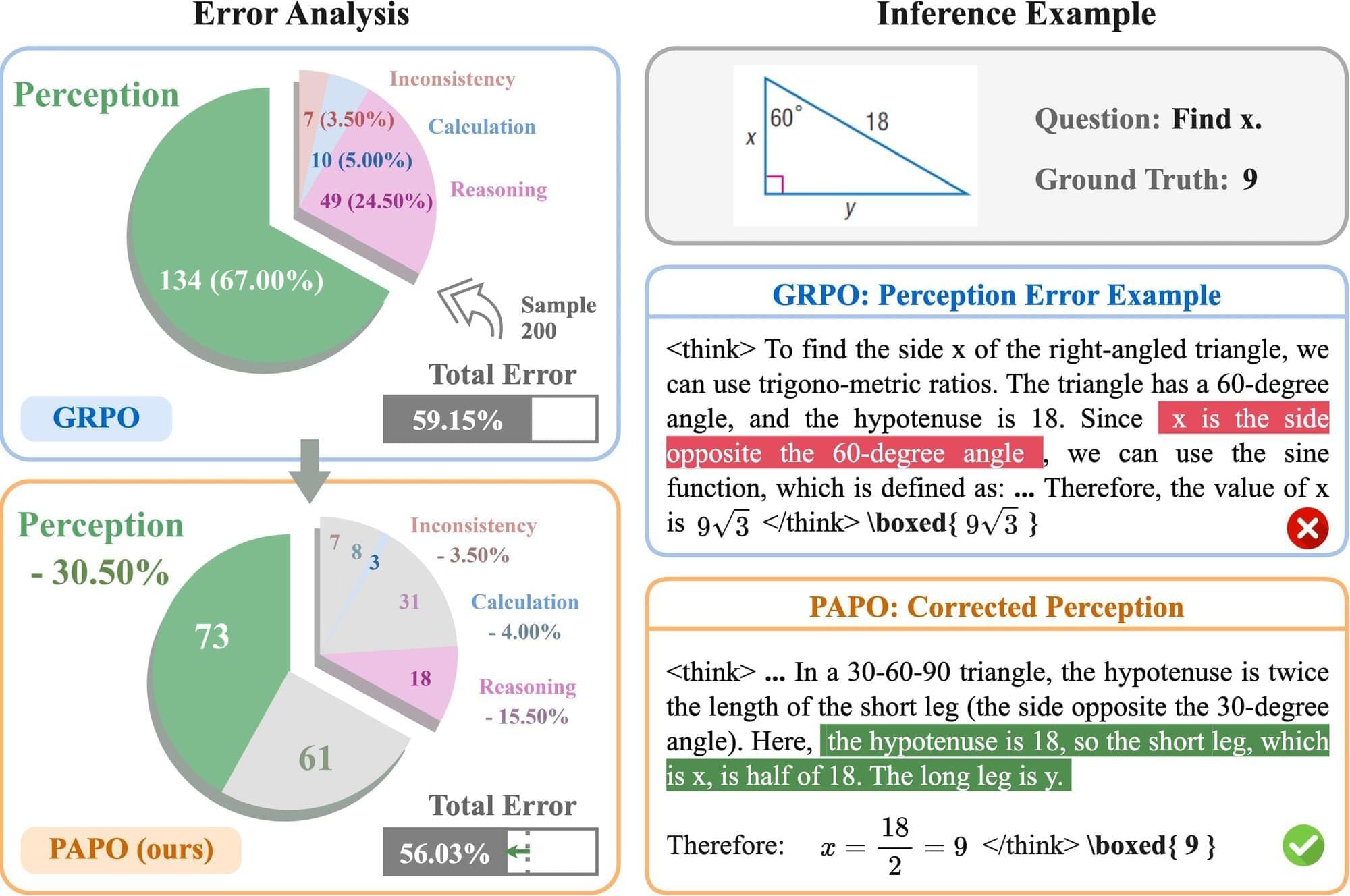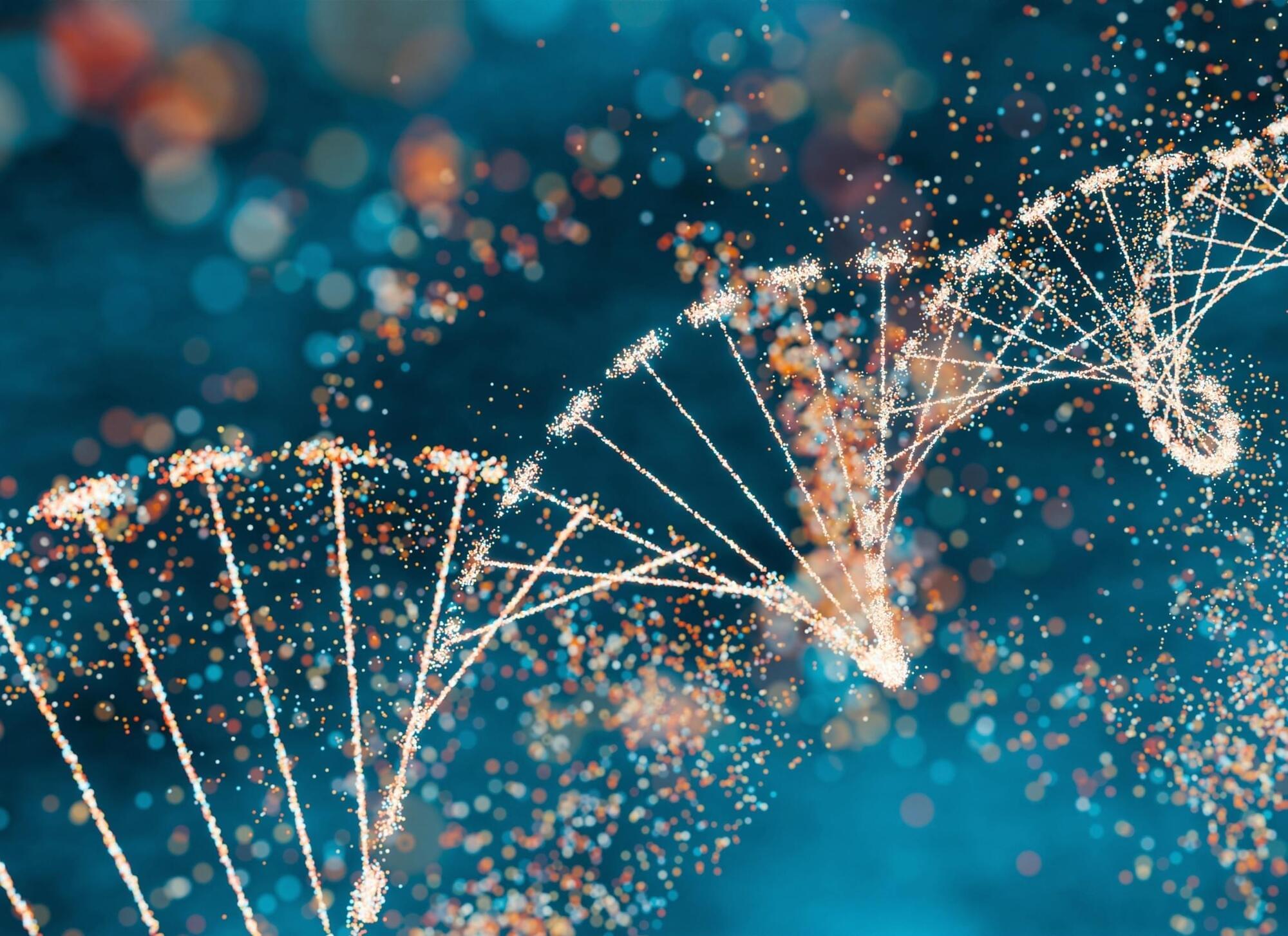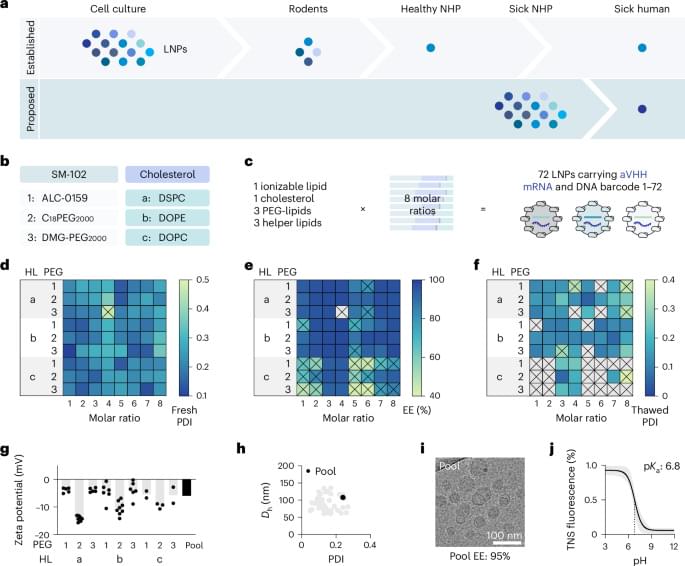To understand how the molecular machinery of synapses works, it is essential to determine an inventory of synaptic proteins at a subsynaptic resolution. Nevertheless, synaptic proteins are difficult to localize because of the low expression levels and limited access to immunostaining epitopes. Here, we report on the exTEM (epitope-exposed by expansion-transmission electron microscopy) method that enables the imaging of synaptic proteins in situ. This method combines TEM with nanoscale resolution and expandable tissue-hydrogel hybrids for enhanced immunolabeling with better epitope accessibility via molecular decrowding, allowing successful probing of the distribution of various synapse-organizing proteins. We propose that exTEM can be employed for studying the mechanisms underlying the regulation of synaptic architecture and function by providing nanoscale molecular distribution of synaptic proteins in situ. We also envision that exTEM is widely applicable for investigating protein nanostructures located in densely packed environments by immunostaining of commercially available antibodies at nanometer resolution.









